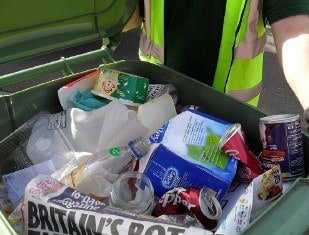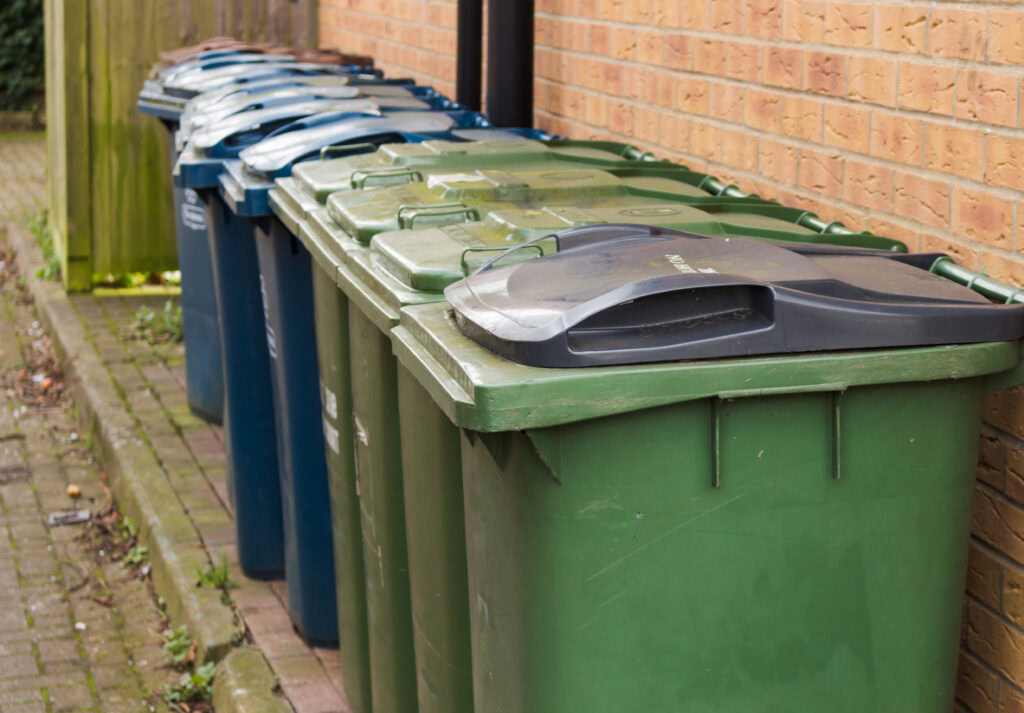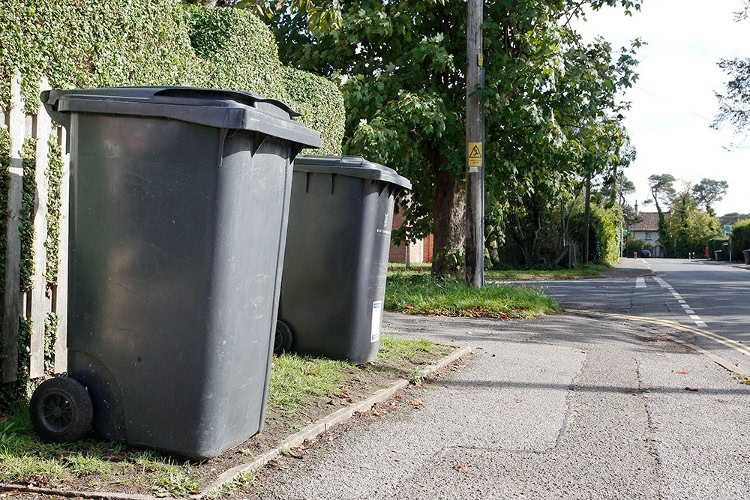Commingled collections have significant benefits for local authorities, reducing costs and increasing the proportion of household waste being recycled, according to a report published today (April 12).
The ‘Review of kerbside recycling collection schemes in the UK in 2010/11’, from consultancy WYG, highlights that 20 of the 30 top performing councils in Britain for dry recycling collection operate a fully co-mingled service that includes glass.WYG received financial contributions from waste and recycling compay Biffa and trade association PlasticsEurope to produce the report.

WYG is hoping the findings will provide useful evidence for Defra, whose consultation on changes to the Waste (England and Wales) Regulations closes today.
The department is proposing to make it a requirement for councils to introduce separate collections of paper, glass, metal and plastic by 2015 where practical or necessary to ensure quality. If separate collections are not practical or necessary, commingled collections will be allowed (see letsrecycle.com story).
A spokesman for WYG told letsrecycle.com: What the draft regulations are seeking to do is leave the option open to local authorities to choose what type of collection system is right of them as long as long as it is efficient and results in quality material. This report shows it is possible if you have commingled or kerbside sort systems.
Update
The report is an update on WYGs two previous reports which analysed kerbside recycling performance of local authorities in England in 2008/9 and the whole of the UK in 2009/10.
WYGs researchers analysed WasteDataFlow information submitted to central government by local authorities in England, Scotland and Wales for the year 2010/11 to identify the key drivers to the top performing and most improved councils for collecting dry recycling. When calculating dry recycling performance, it takes into account reject rates from materials recycling facilities (MRFs).
This years report also features a focus on plastics collection: analysing which authorities collect the most plastics, the collection methods used by the top performers, and the carbon impacts of the different collection methods.
Len Attrill, project director at WYG, said: As has been the case in the two previous years, the highest performing councils in terms of dry recycling are dominated by authorities that collect co-mingled dry recycling, with both recycling and residual waste collected fortnightly using wheeled bins.
Yield
“The degree of difference in yields between kerbside-sort schemes and fully co-mingled collections including glass is significant”
Len Attrill, WYG
Although affluent areas tend to have higher yields of all materials, the analysis reveals that fully commingled collections including glass tend to outperform kerbside sorted collections by a similar margin across all levels of affluence.
The council with the highest yield of recycling (at 295kg per household per year) was Surrey Heath.
This highest performing fully co-mingled authority collects nearly 60kg per household per year more than Guildford, the highest performing authority that collects using mainly kerbside sort.
Findings have also highlighted that no authority in the top 30 for kerbside sort recycling collects all materials separately: two collect mainly using kerbside sort, but provide co-mingled collections for some materials or some households. These two authorities collect recycling weekly; 26 out of the top 30 kerbside sort collecting councils collect fortnightly.
Plastics
Of the top 30 councils for plastics collected at the kerbside:
- Staffordshire Moorlands achieved the highest yield for plastic with 42kg per household per year
- 25 collect plastic containers as well as plastic bottles
- All except one collect plastics within a commingled stream only Newport collects plastics as a separate stream
The results show that some councils are recycling significant quantities of plastics at the kerbside, with many high performers collecting plastic containers as well as plastic bottles and commingling plastics with other materials to accommodate the range and volume of materials.
Analysis of the 15 highest improvers for kerbside recycling between 2009/10 and 2010/11 showed that 11 of them moved to fully commingled collections that include glass. The three authorities that continued collecting using kerbside sort added plastics and cardboard and moved from fortnightly to weekly recycling collections and from weekly to fortnightly refuse collections.
Related Links
Mr Attrill concluded: The degree of difference in yields between kerbside-sort schemes and fully co-mingled collections including glass is significant. Taken as a whole, the research has highlighted that co-mingling can deliver a high performing, high quality recycling service that reduces the amount of waste sent to landfill sites, resulting in significant savings both to the environment and the taxpayer.








Subscribe for free